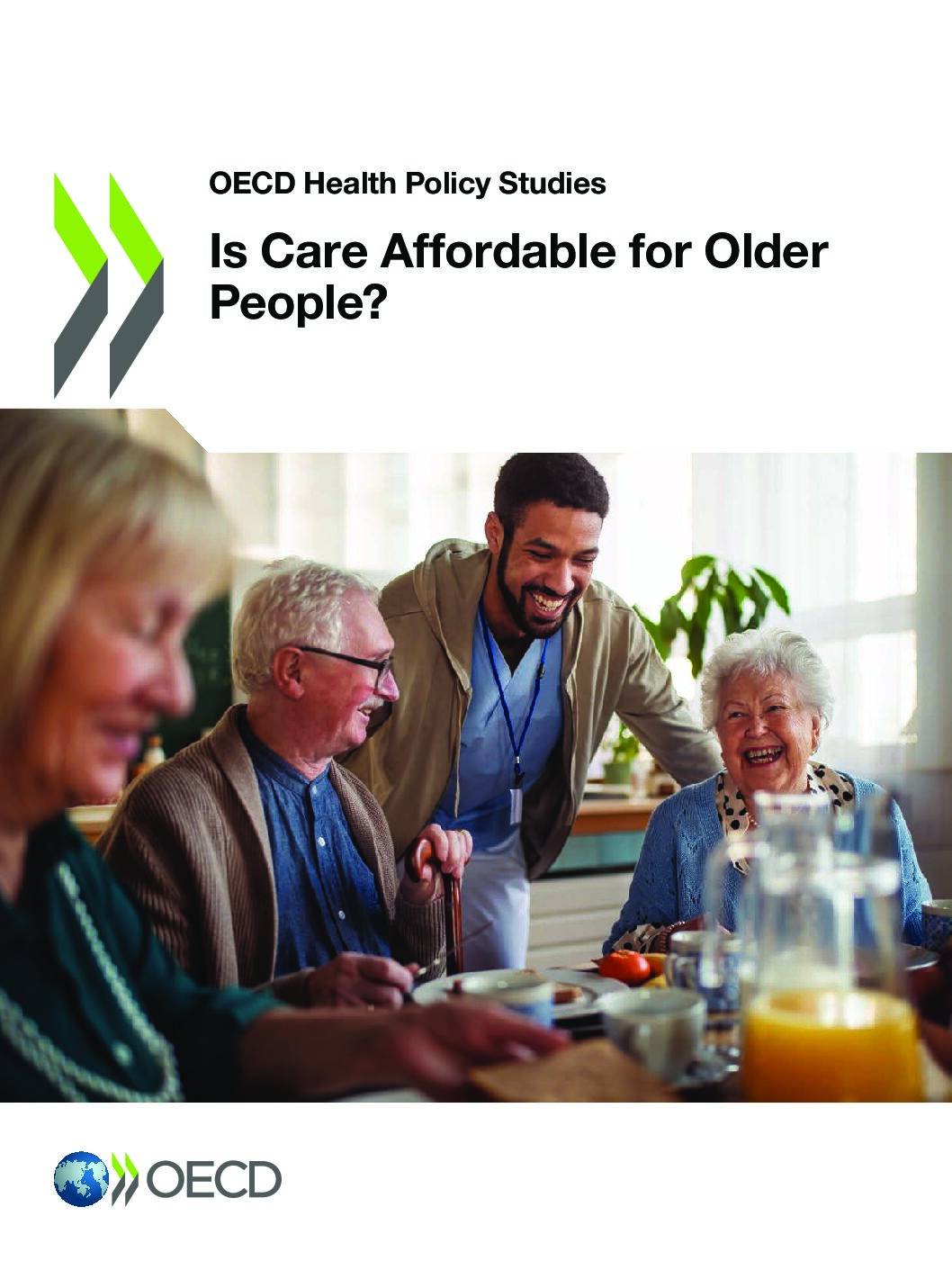Meeting the Growing Demand for Age-Friendly Care: Health Care at the Crossroads
By The John A. Hartford Foundation America is aging rapidly. Those age 65 and older are the fastest-growing segment of the population. From 2025-2050, the number of adults 65+ will increase by 30%, from 63 million to 82 million, accounting for nearly one quarter (23%) of the total population by mid-century. And the “oldest old” ranks are growing even faster: the number of adults age 85 and older is projected to more than double between 2025 and 2050, from 7 million...










